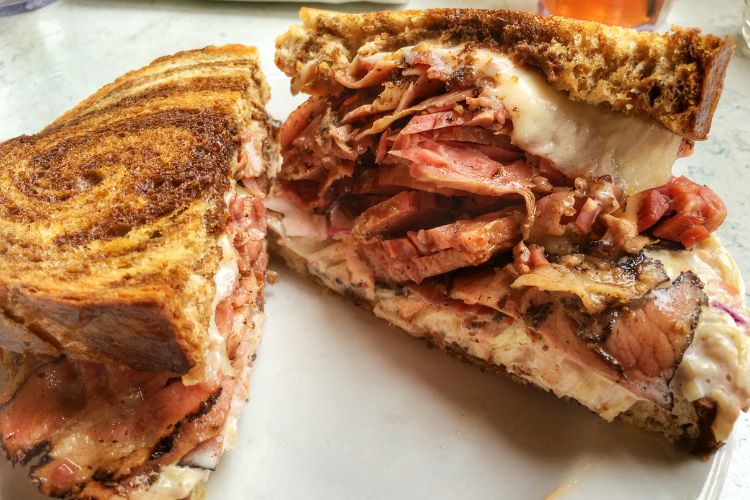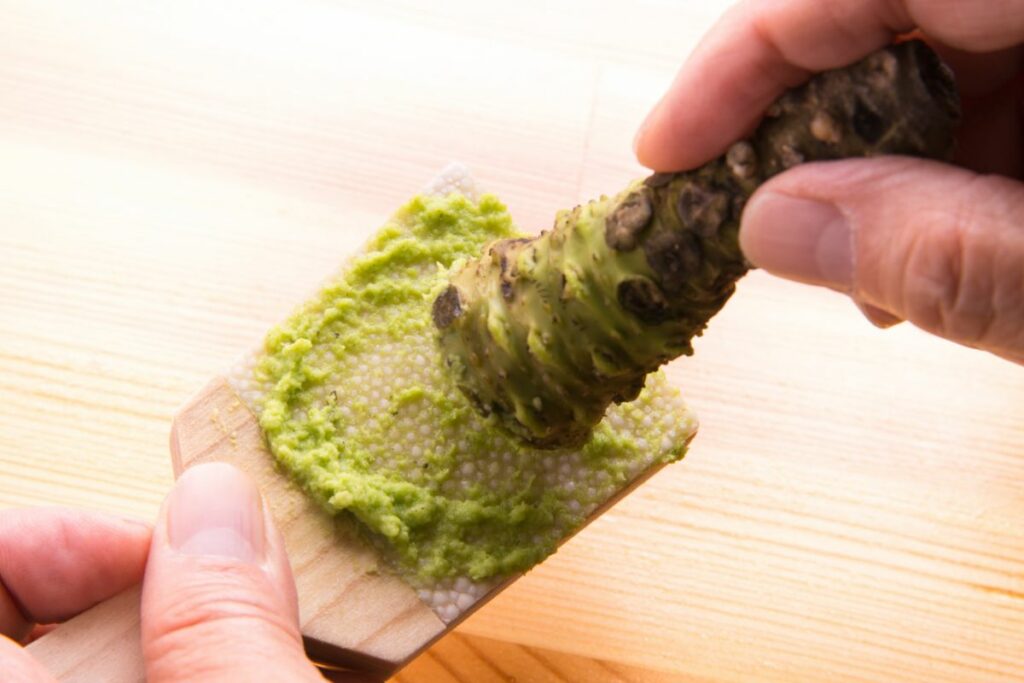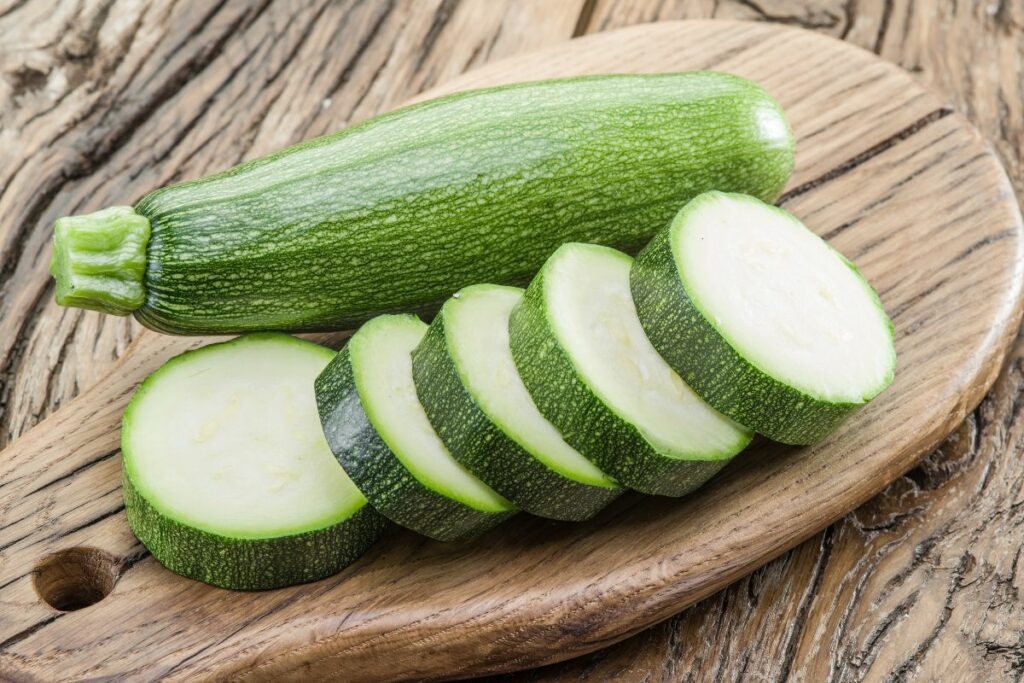When it comes to culinary experiences, we often expect delightful aromas that tease our senses and whet our appetites. However, not all culinary adventures lead to pleasant scents.
One such example is corned beef, which has earned itself a peculiar reputation for having a unique and sometimes perplexing smell. If it’s your first time, and your corned beef smells like fart, you might be a bit confused.
In this article, we’ll delve into the world of corned beef, exploring its aroma and the various factors that contribute to its distinctive odor. From rotten egg smells to sulfur odors, we’ll uncover the mysteries behind why corned beef sometimes smells like a fart.
The Basics of Corned Beef
Before we dive into the unusual aromas surrounding corned beef, let’s first understand what this dish is all about. Corned beef is essentially beef brisket cured in a brine solution.
The term “corned” refers to the large grains of salt, traditionally used to preserve the meat. It’s a staple in many cuisines, particularly associated with Irish and Jewish culinary traditions, often enjoyed in dishes like corned beef and cabbage or corned beef sandwiches.
The Unusual Aroma
The first encounter with corned beef can be perplexing, to say the least. Some describe it as having a smell that’s reminiscent of sulfur or even rotten eggs. These comparisons might not sound appetizing, but they certainly pique our curiosity.
Here are some of the reasons behind the weird smell you can get from corned beef:
1. Sulfur Smell and Rotten Egg Association
One of the primary culprits behind the peculiar aroma of corned beef is the presence of sulfur compounds. When you think of sulfur, the first thing that might come to mind is the distinct odor of rotten eggs.
While this might seem alarming, it’s important to note that the smell of sulfur is not necessarily an indication of spoiled meat. In fact, sulfur compounds are naturally occurring in some foods and contribute to their characteristic smell.
In the case of corned beef, these sulfur compounds can give rise to an eggy smell that some people might find off-putting.
2. The Role of Aging and Preservation
Corned beef is often made from aged beef, which can have a strong, distinct aroma. The aging process helps develop the meat’s flavor but can also contribute to the smell that some might describe as bad meat.
The scent of aged beef is not necessarily unpleasant but can be quite powerful and different from the fresh scent of raw beef. This aging process also contributes to the “beef fat” aroma that is sometimes associated with corned beef.
3. Cabbage, an Additional Aromatic Element
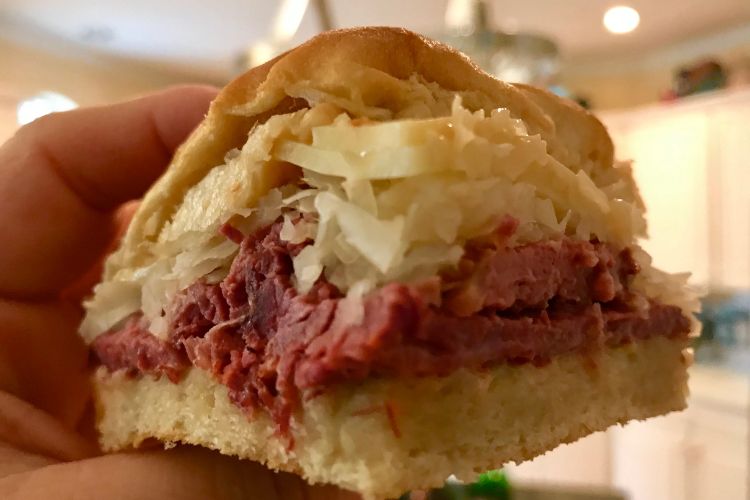
When corned beef is paired with cabbage in a traditional dish, the cabbage’s smell can also play a role in the overall aroma.
Cabbage has a characteristic smell, which, when combined with the already complex scent of corned beef, can create a unique olfactory experience. Some might find the combination intriguing, while others may not be as fond of it.
4. Unusual Aromas and Your Senses
Your sense of smell plays a significant role in how you perceive the aroma of corned beef. Our noses are incredibly sensitive and capable of detecting even the slightest scent.
This sensitivity can lead to detecting scents that are less common in everyday experiences, such as sulfur odors, smelly farts, or even biodiesel-like smells.
Therefore, your perception of corned beef’s aroma might differ from someone else’s.
5. The Impact of Cooking
The way you prepare and cook corned beef can also influence its aroma. Some people report that cooking corned beef can enhance its flavor while reducing the intensity of its scent.
The smell of raw corned beef might be more pronounced and robust compared to when it’s fully cooked.
Addressing Concerns About Spoiled Corned Beef
It’s crucial to address concerns about the safety of corned beef. While it might have unusual and atypical aromas, these do not necessarily indicate that the meat is spoiled.
If you suspect that your corned beef has gone bad, there are some key signs to look for, including a “bad ground beef taste,” “abnormal stool smells,” or a “rotten egg smell thing” that goes beyond the normal aromatic profile of corned beef.
If any of these symptoms are present, it’s best to err on the side of caution and discard the meat.
How Can I Prevent Corned Beef From Smelling Like a Fart?
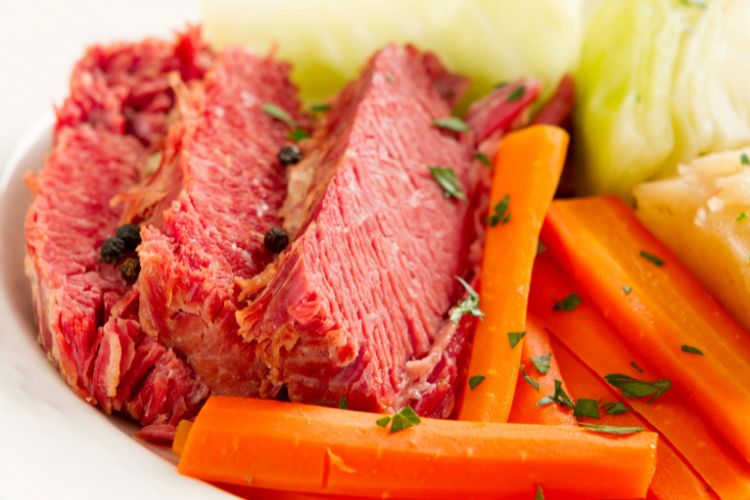
Preventing corned beef from emitting unusual odors is essential for an enjoyable dining experience. Here are some tips to help you avoid the “fart-like” smell associated with corned beef:
- Properly Rinse the Meat: Before cooking, thoroughly rinse the corned beef under cold water. This helps remove excess salt and any surface impurities that might contribute to the unusual aroma.
- Choose Quality Ingredients: Select high-quality corned beef from reputable sources. Well-prepared corned beef is less likely to have off-putting odors.
- Adjust the Cooking Process: Cooking methods can significantly impact the aroma. Consider using slow cooking techniques like braising, which can help mellow out the smell while enhancing the flavors.
- Use Aromatic Ingredients: Incorporate aromatic ingredients like onions, garlic, and spices into your cooking. These can help mask or complement the unique scent of corned beef.
- Proper Storage: If you have leftovers, store them in an airtight container in the refrigerator. This prevents the aromas from spreading to other foods and becoming more pronounced.
Appreciating the Uniqueness of Corned Beef
The intriguing aromas of corned beef, whether described as smelling like sulfur, rotten eggs, or bad meat, are part of what makes it a distinctive culinary experience.
While it might not be to everyone’s taste, for many, these unusual aromas are part of what makes corned beef a beloved and culturally significant dish.
Its role in dishes like corned beef sandwiches and its association with St. Patrick’s Day celebrations make it a memorable and cherished part of many people’s culinary traditions.
Conclusion
Corned beef’s reputation for unusual aromas, ranging from sulfur-like smells to rotten egg associations, adds a layer of complexity to its culinary appeal.
It’s important to recognize that these smells are not necessarily indicative of spoiled meat but rather a product of various factors, including aging, preservation, and the cooking process.
So, while corned beef might have an unconventional olfactory profile, it remains a beloved and cherished dish in various cultures, and its unique aroma is all part of the experience.
Read more: Best 9 Ground Venison Recipes That Will Make Your Mouth Water

